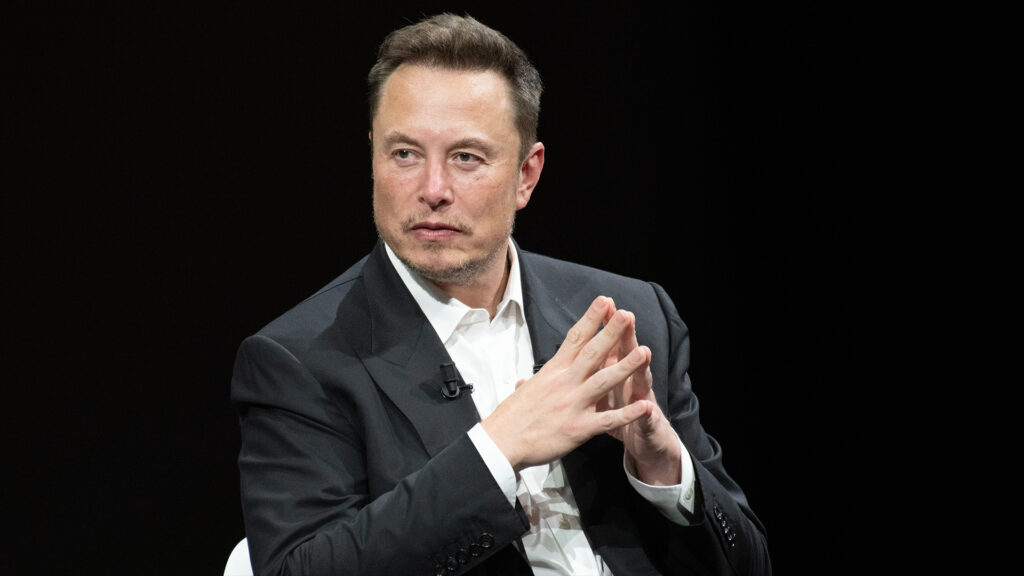Elon Musk is determined to secure his $56 billion in remuneration, recently denied by a Delaware Chancery Court decision, the favored court for numerous American businesses based in the state.
In a late-night tweet on his X (Twitter) PR channel, Musk announced that Tesla shareholders would be asked to relocate the company’s domicile to Texas, where he is already located, and where the company maintains a factory.
Musk naturally turned to his X followers, asking whether Tesla should make the move to Texas, and unsurprisingly, the overwhelming majority voted in favor, with over 80% supporting the decision. It’s worth noting that social media polls are informal and not comparable to professional public opinion research.
Following the poll, Musk stated that Tesla will immediately initiate a shareholder vote to transfer its state of incorporation to Texas. However, he may need to seek approval from the Tesla board, as the company is currently incorporated in Delaware.
The Tesla board, including Chair Robyn Denholm, an Australian, received harsh criticism in the Delaware court judgment, as they granted Musk his $56 billion pay package. Chancellor Kathaleen McCormick in her judgment noted that the Tesla board failed to prove the fairness of the compensation plan or demonstrate substantial evidence of negotiations with Musk.
Musk subsequently expressed his discontent with the state, advising against incorporating companies in Delaware, posting on X this week in frustration.
However, Musk faces the risk of shareholders, like the one who took legal action over his pay package, launching actions to block the relocation. Moving incorporation could be challenged as primarily benefiting Musk and potentially breaching fiduciary duty while Tesla remains subject to Delaware law.
In 2021, Musk relocated Tesla’s headquarters to Texas from California, citing proximity to the new Austin factory, his SpaceX rocket business, and a desire to distance himself from increasing tensions with regulators and lawmakers in California.

